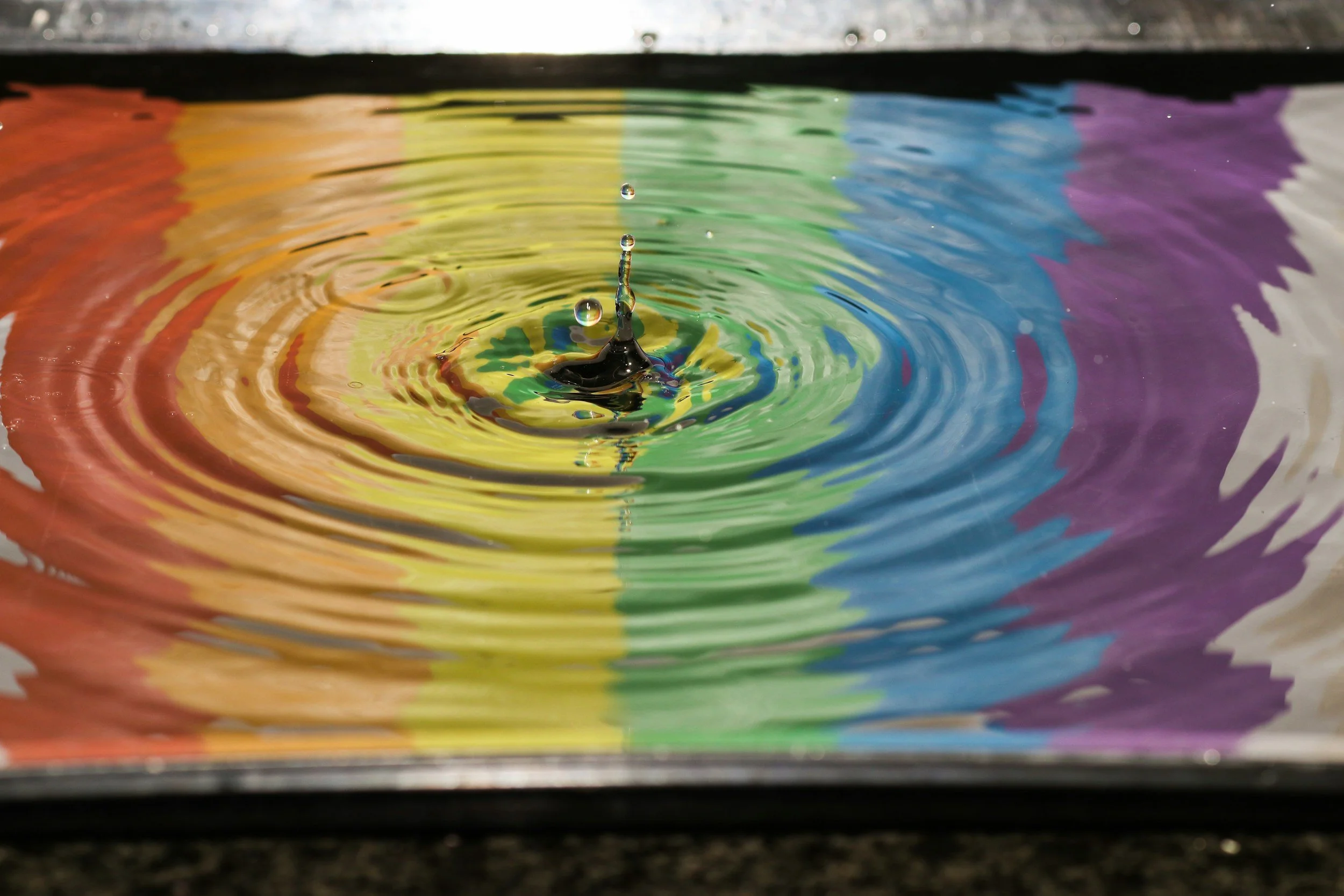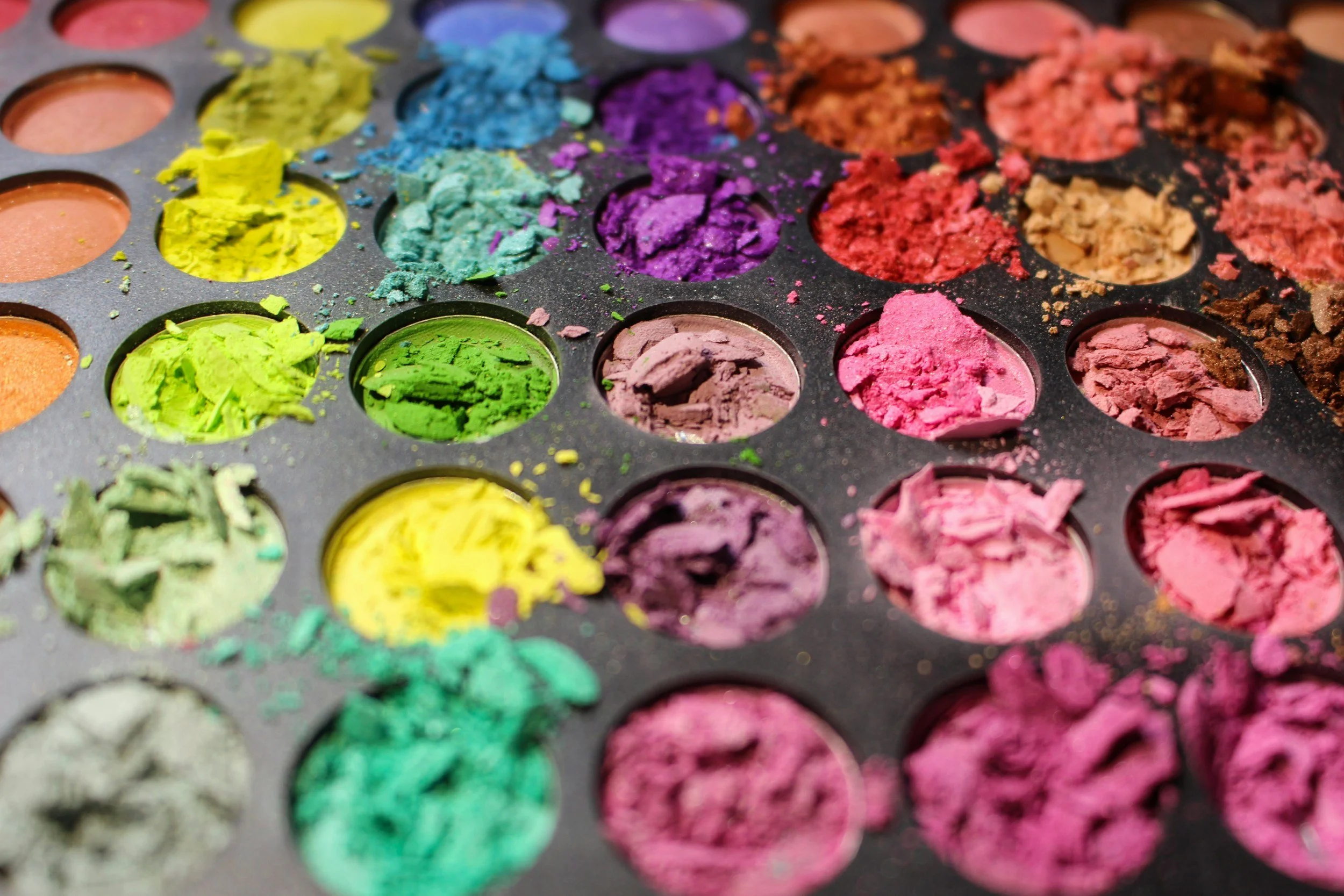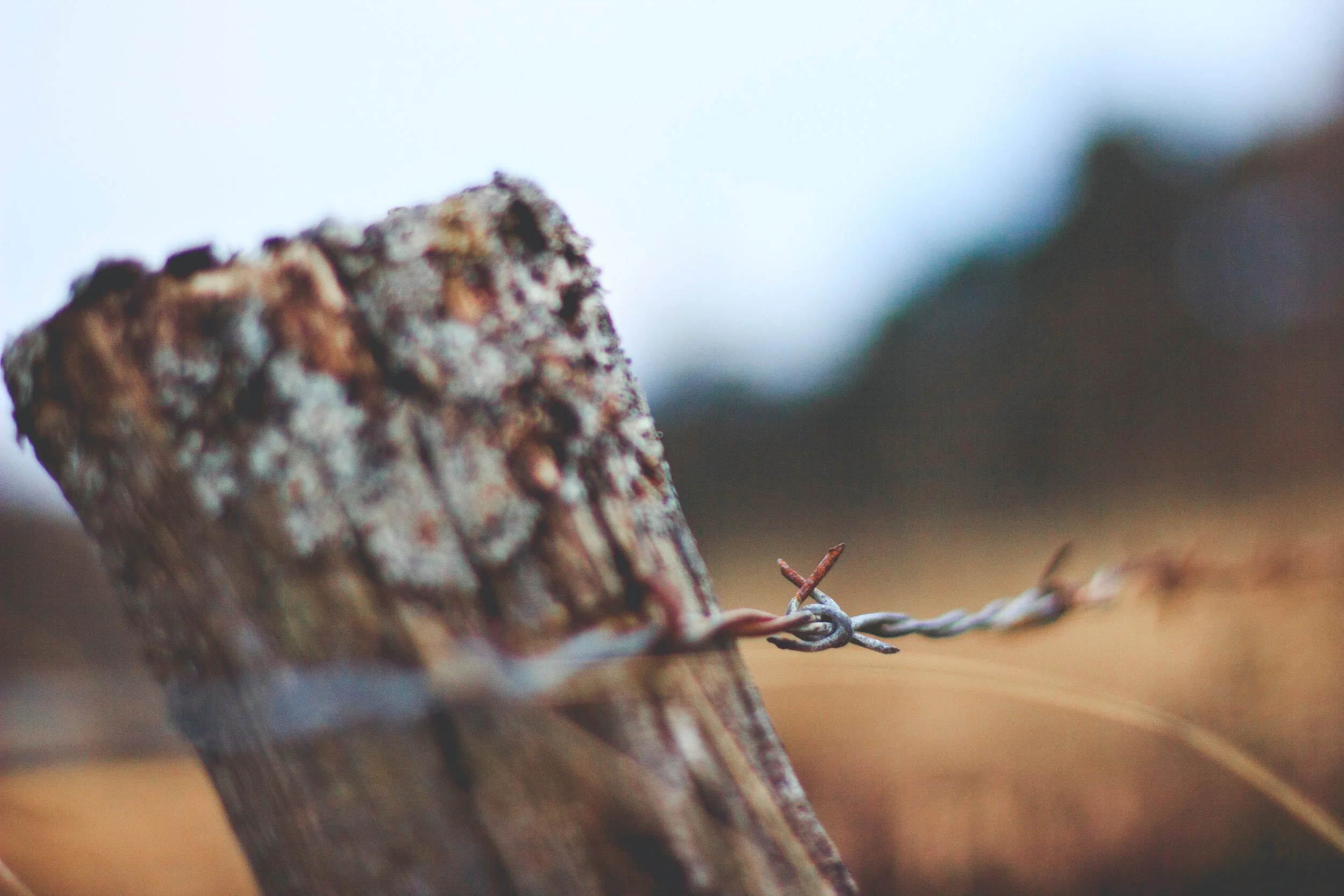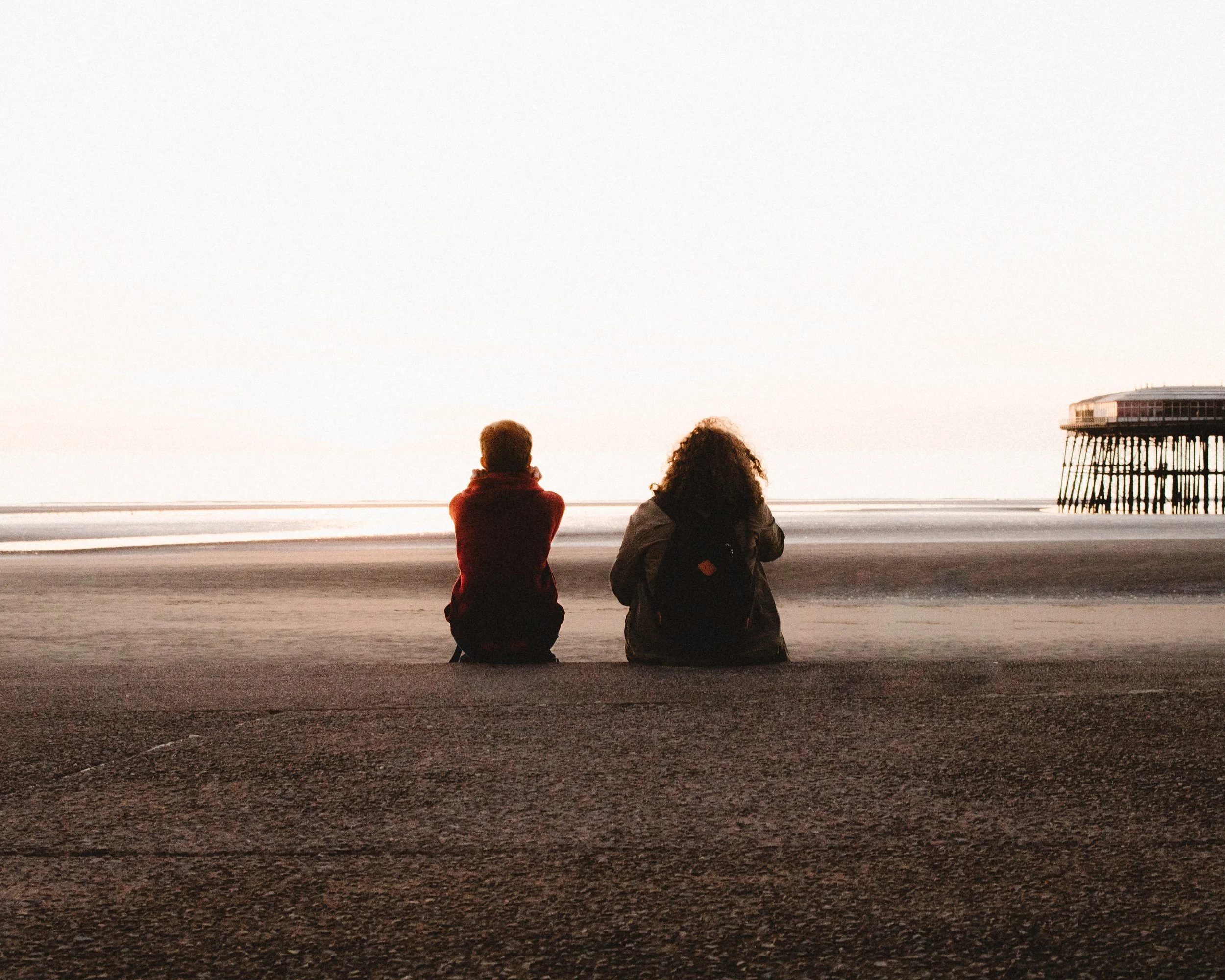If you’ve been living with depression, you have probably tried everything to get rid of it.
It’s not as easy as just “cheering up” or “focusing on the positive,” is it? Well-meaning friends and family love giving this advice, but obviously if you could, you would have by now! Instead, you’ve tried distracting yourself by trying to constantly have fun, avoiding uncomfortable situations and focusing on anything that could be considered “self-care” (whatever that means), or just giving in and staying in bed, hoping it would clear up.
Sometimes that works! But inevitably, it comes back. Then you’re not only depressed, but frustrated that you’ve “let” depression take over again, which makes you even more depressed, irritable, and exhausted.
It’s totally normal to avoid things that make us feel uncomfortable. Whether it’s physical pain like a toothache, or something hitting us in our emotional gut, like a bill we can’t afford to pay. For some, if left unchecked, this can lead to even more depression. Avoidance and procrastination can tend to make things worse, despite the fact that they are usually just coping mechanisms for situations that are overwhelming or feel out of our control.














